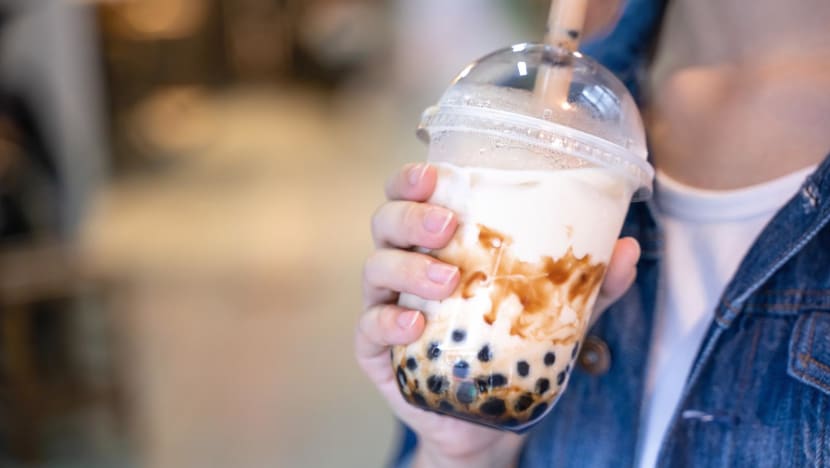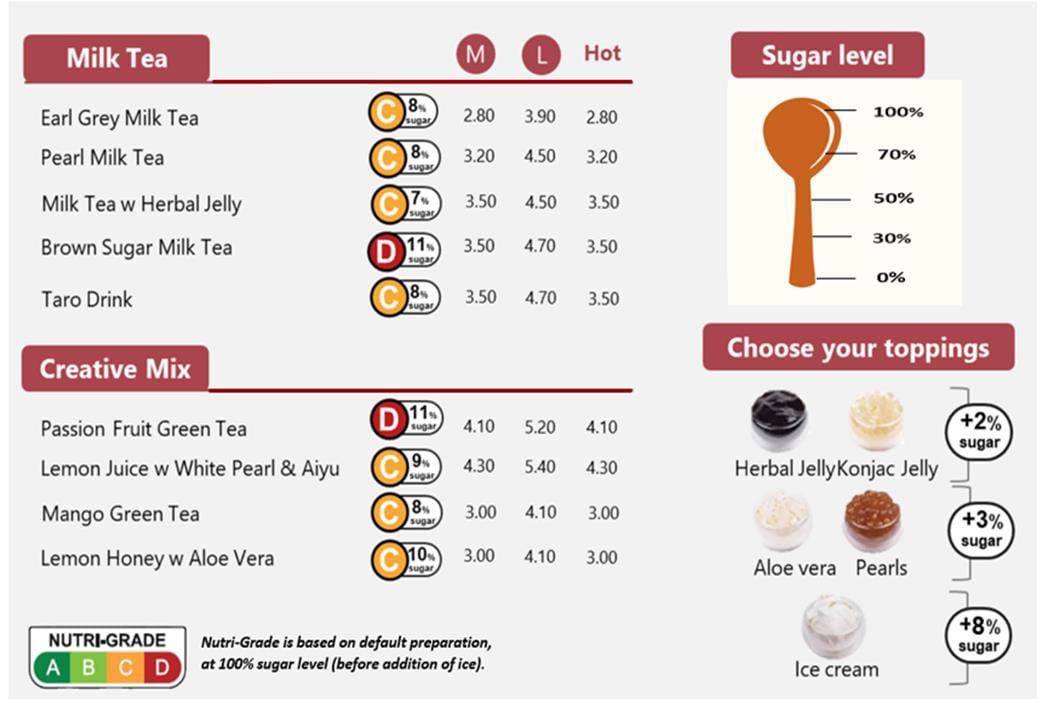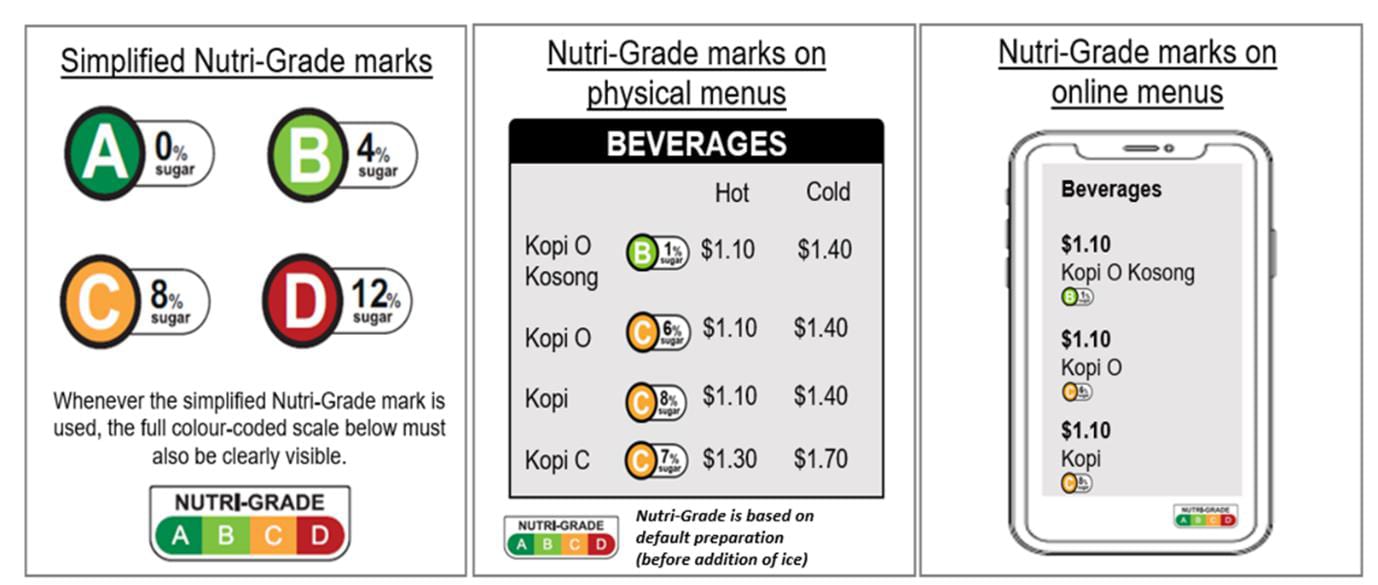Beverage toppings such as bubble tea pearls, whipped cream required to have sugar level labels by end-2023

SINGAPORE: Buying your favourite bubble tea or ice-blended coffee will be a slightly different experience from the end of this year, with new requirements covering the sale of freshly prepared beverages.
Toppings such as pearls, jellies and whipped cream must be labelled with a declaration of their sugar content from Dec 30.
Beverages that carry the Nutri-Grade C or D labels must carry the relevant markings while advertisements featuring D grade beverages will be prohibited.
This comes as the Ministry of Health (MOH) on Friday (Jun 30) said that it will be extending its Nutri-Grade requirements to cover freshly prepared drinks.
Implemented in December 2022, Nutri-Grade is a four-level grading system based on sugar and saturated fat content.
The labels are colour-coded: A (dark green), B (light green), C (orange) and D (red), with A being the category with the lowest sugar and fat content.
It had earlier been announced that food and beverage outlets will be required by the end of 2023 to include nutrition labels on their menus indicating drinks that contain higher levels of sugar and saturated fat. These include freshly brewed drinks from coffee shops, freshly squeezed juices and bubble tea.
The latest announcement from the Health Ministry on Friday sets out additional details.
Beverage toppings must be labelled with sugar declaration marks to enable consumers to identify those that are lower in sugar content, said MOH.
For freshly prepared or existing Nutri-Grade beverages graded C or D, the Nutri-Grade mark must be labelled next to the beverages listed for sale.
These sugar declaration and Nutri-Grade marks must be carried on physical and online menus, as well as posters.

Simplified marks on menus can be used where more than one beverage option is listed. The labelling for beverages graded C and D is mandatory while markings for beverages graded A and B remain optional.
Advertisements featuring freshly prepared beverages graded D are prohibited, similar to an earlier measure covering prepacked drinks.
These rules apply to freshly prepared beverages sold in retail settings such as food and beverage outlets, catering establishments, and digital platforms.
This also applies to freshly prepared drinks sold in non-retail settings such as hotels, workplaces, educational and healthcare institutions, as well as childcare facilities.
However, individuals and entities running smaller food businesses are exempted from the mandatory labelling if conditions are met, said MOH.

NEW REQUIREMENTS FROM DEC 30
MOH also laid out additional labelling requirements for beverages under the current Nutri-Grade measures, such as pre-packed beverages sold in Singapore and non-customisable dispensed beverages.
From Dec 30, non-retail settings must carry Nutri-Grade marks for beverages graded C and D.
Pre-packed beverages sold in these settings, such as hotels and workplaces, are required to have the mark on the front. The mark is also required next to listings of non-customisable drinks served from automated beverage dispensers.
For customisable drinks from automated beverage machines, the Nutri-Grade mark is required for both retail and non-retail settings. Individuals and entities running smaller food businesses are exempted from these requirements if conditions are met.
The Nutri-Grade mark for beverages graded C and D must be shown on physical and online menus, posters and signs for pre-packed beverages, beverages from automated dispensers and freshly prepared beverages.
Those who fail to comply with the new measures face a fine of up to S$1,000 (US$740). For subsequent offences, those convicted may be fined up to S$2,000, said MOH.
"The Nutri-Grade measures are part of MOH’s and the (Health Promotion Board's) long-term strategy to shape consumer behaviour, with the aim to further reduce sugar intake in the population."
The ministry added that it will continue to work closely with the industry, leading up to and beyond the implementation date.


No comments
Share your thoughts! Tell us your name and class for a gift (: